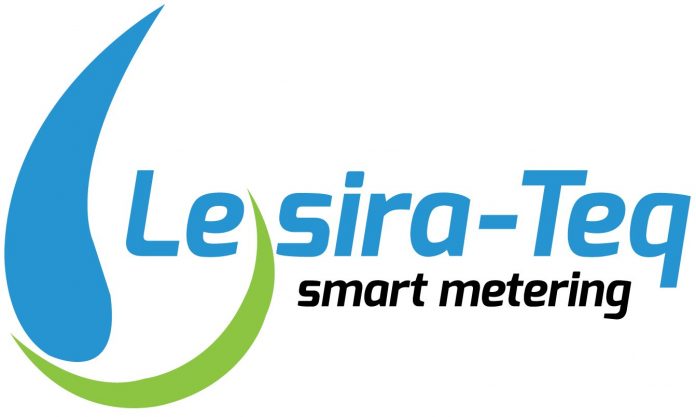
After the relaxation of the hard lockdown restrictions, some South Africans received shocking water bills. This is due to estimated consumption readings done by municipalities – as no meter reader was going on site.
Estimated and manual meter reading are methods used to bill consumers for their water consumption. The estimated reading is when the meter reader does not go to your property. An algorithm is used to guess how much water has been consumed. This is contrasted with a manual reading; which is used to bill a consumer when a meter reader has been to the property.
Moving to smart water monitoring devices will empower citizens to be aware of their water consumption in money value. They will be more mindful of the rate they use water and wastage – saving money and preserving this scarce resource.
What makes this more interesting is that consumption information is presented to the users through an App in Rands and cents; the language they know best. The consumer can also share water usage information with the municipality to mitigate billing errors.
Pros of smart water monitoring devices
- Greater and detailed feedback regarding usage
- Sends regular readings to your distributor
- Notifies you when tempered with or there are leakages
Cons of smart water monitoring devices
- Additional fees for the installation of the device
- Privacy concerns for the personal data collected
- Consumer responsible for device maintenance
The Lesira Teq Smart Prepaid Meter and Jojo Tank Level Monitor are proving to be convenient in monitoring water supply and consumption in homes remotely – especially at a time when citizens are encouraged to remain indoors.
These devices give households the power to have visibility and control over their water usage. The approach takes away the inconvenience of estimated or manual readings. It ensures that all your bills are accurate; which means no more paying either too much or not having enough and having to make up the shortfall.
The value of smart water monitoring goes beyond just the consumer, municipalities can also benefit from smart meters. Municipalities can send real-time automatic notifications to field teams when leaks are detected, a Jojo tank is empty or is being tampered with.
What makes the meters “smart” is their ability to provide detailed and accurate analytics on water usage in real-time or at predetermined intervals, all without a technician.
To communities and businesses that use Jojo tanks, a common problem that often arises is not knowing the level of the water in the tank. The Jojo Tank level monitor notifies authorities when the tank has reached maximum water capacity, running low or empty.
These devices transmit their consumption information, which a user can access through a mobile app on their smartphone. “They are both monitoring and management devices, placing the power of consumption in the hands of the end-user,” says Edwin Sibiya, Lesira-Teq’s Chief Executive Officer. “Consumers can track their water consumption daily or monthly on the Lesira Customer Smartphone Application and make better decisions about how water is used in their household or business.”
As you can see, smart water monitoring systems save you money in more ways than one. Not only that, but it also teaches you how to strategically use water in your household. The progress of technology brings us new tools every day, and there are many plans for advanced metering infrastructure being developed as we speak. That is why every home should have a smart meter, if not now then in the recent future. There is no reason to spend your money on bills more than it is necessary!




